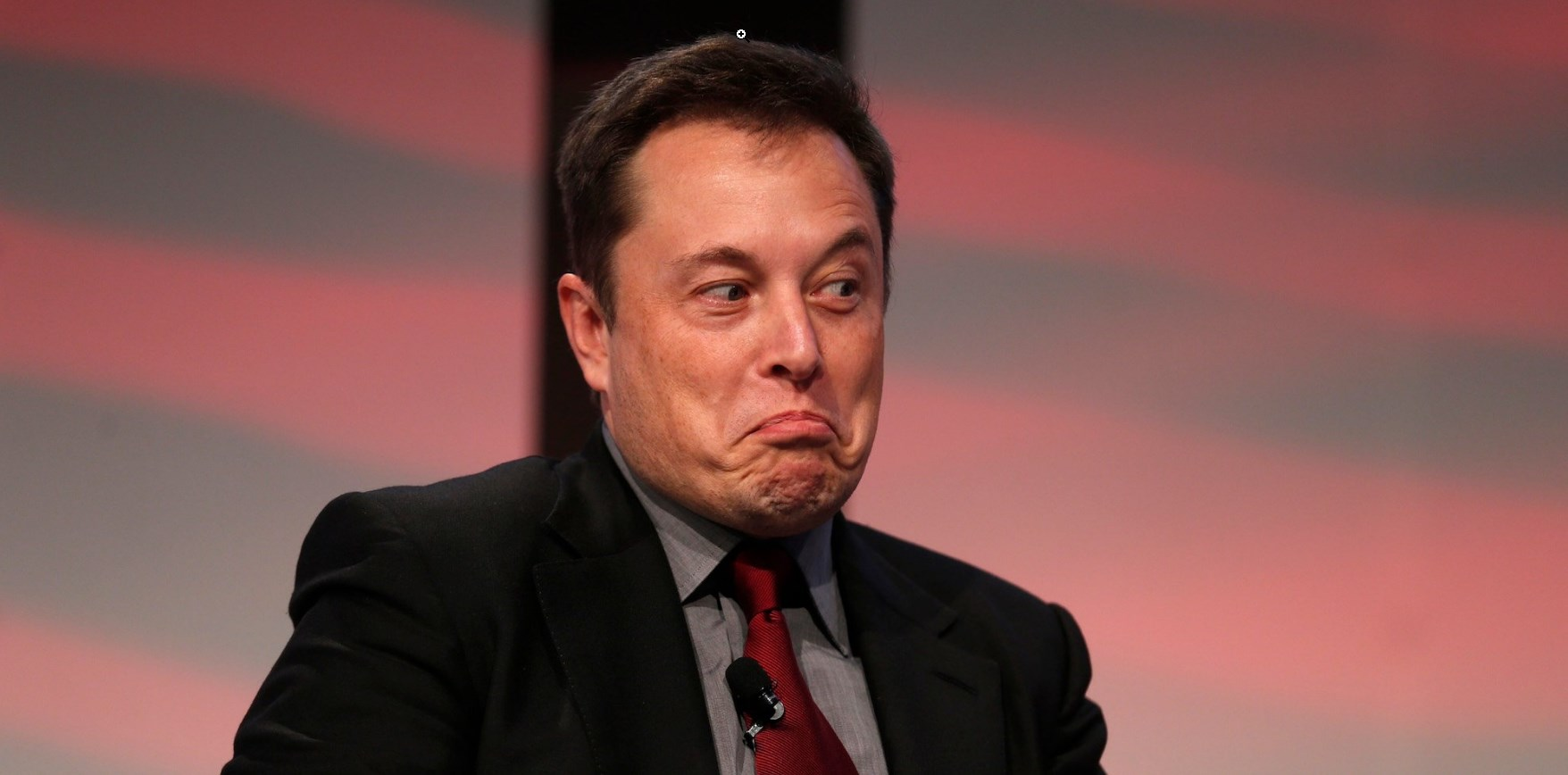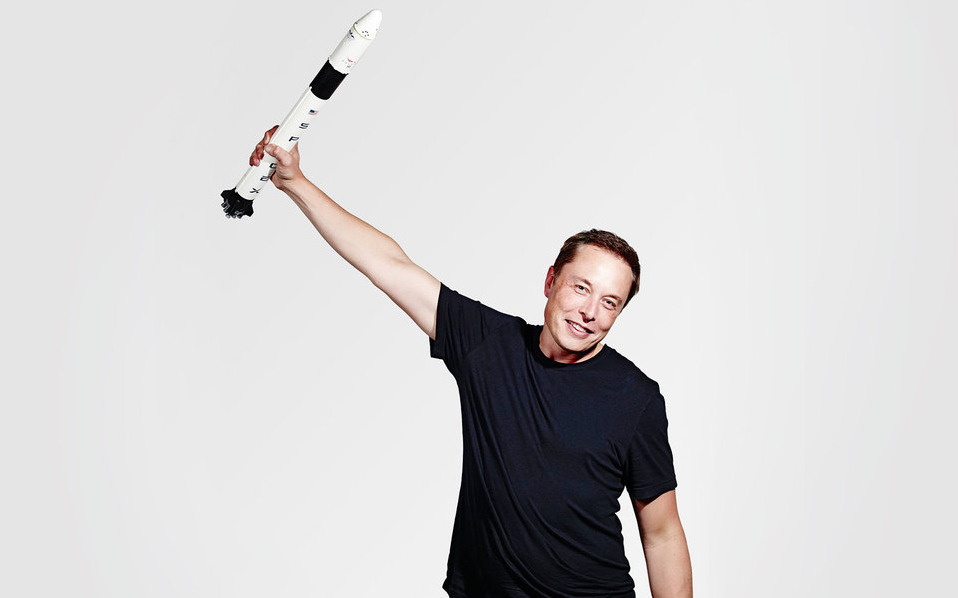
American entrepreneur Ilon Musk has been named Time magazine’s Man of the Year
Ilon Musk has made it clear what he thinks of the US government’s new tax plans, which want to tax large assets, even if those assets are tied to other values. From the entrepreneur’s perspective, the billionaire tax proposed by US Democrats would hit the ten richest US citizens hardest.
The Washington Post estimated that Musk would have to pay a total of around $50bn in taxes over the first five years of the new taxation – and that was the calculation before Musk’s latest wealth spike. So the $50 billion in possible tax charges is relative to his previous fortune of nearly $200 billion. For former Amazon chief Jeff Bezos, the Washington Post calculated just under $44 billion in expected taxes.
Musk: it’s impossible to pay taxes, I need money for space projects
At the end of October, Musk made it clear via Twitter what he would rather do with his private wealth, which has surpassed the $300 billion mark according to Bloomberg’s current billionaire list, than pay taxes on it. His plan is to invest in space programs, including a program to take people to Mars.
This explanation will probably amuse most tax authorities around the world. However, anyone who knows Musk understands that he is talking quite seriously. The entrepreneur really wants to make humanity a species living on multiple planets. The hugely successful founder of SpaceX has stated this repeatedly in recent years.
In an interview last December, he told Matthias Döpfner, CEO of the Axel Springer Group, that he wants to spend as much money as possible on colonising Mars. To do this, he is selling his property. After all, a city on Mars needs “a lot of resources”, Musk told Döpfner, and he intends to “contribute as much as possible to the development of such a settlement on the Red Planet”. So he just needs “a lot of capital”.

Man of the Year sells property
Back in May 2020, Musk announced on his favourite Twitter service that he planned to sell “almost all tangible assets” and “not own a house”. He confirmed this announcement and by the end of the summer had sold all but one home in California.
In addition to his interplanetary plans, Elon Musk is also sceptical that taxing the super-rich will have any positive impact on the general public. The reason: the huge US national debt.
Musk, meanwhile, is getting richer
Ilon Musk probably doesn’t have to worry about the authorities’ tax plans. Because these billionaire initiatives are already meeting resistance within the ranks of the Democratic Party itself.
Meanwhile, Musk’s fortune is skyrocketing. The announcement by car rental company Hertz that it wants to order up to 150,000 Tesla cars has given its shares a strong boost and lifted Musk’s personal fortune above the $300bn mark.
Some have pointed out that Musk’s various companies have grown in part through taxpayer spending, including billions in grants, loans and government contracts. Musk’s SpaceX received $2.9 billion for the NASA contract to develop the lunar module alone, while government funding for the planned Tesla battery plant in Germany is over €1.1 billion.
Musk would certainly respond to this criticism by saying that colonising Mars was the best thing he could have done for humanity, so charitable goals drive his actions anyway. However, usually in democratic societies the decision to use taxpayers’ money is made by representatives of the people, not the taxpayers themselves.